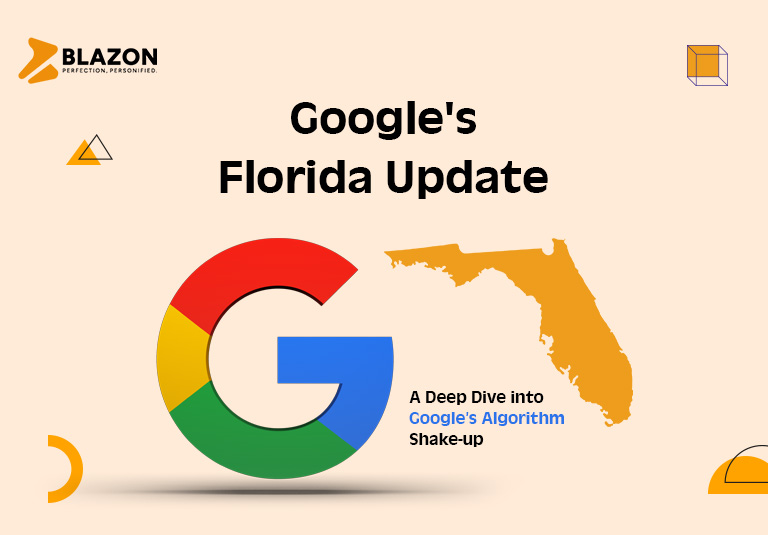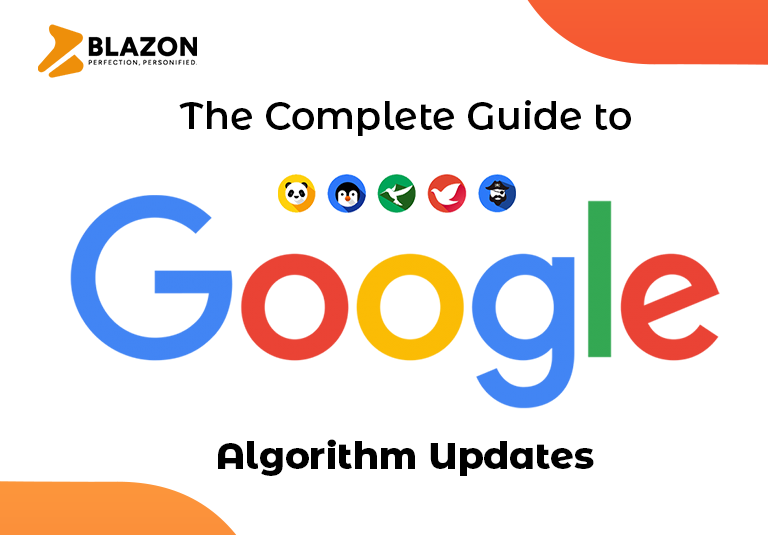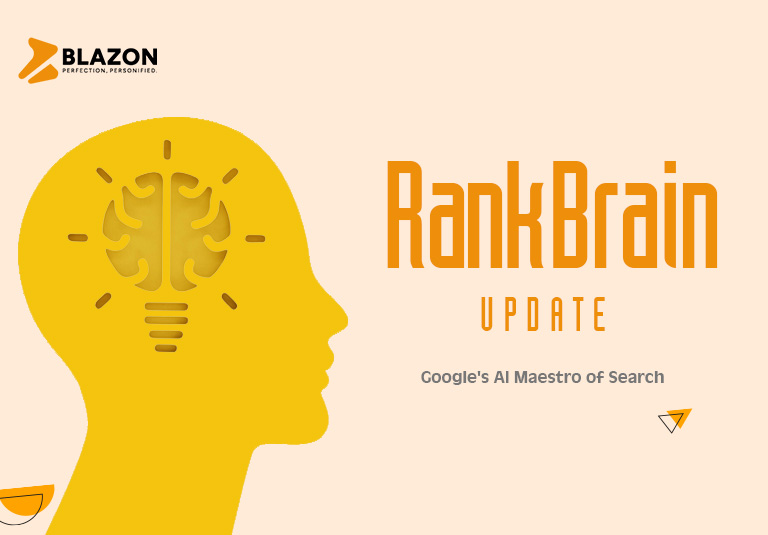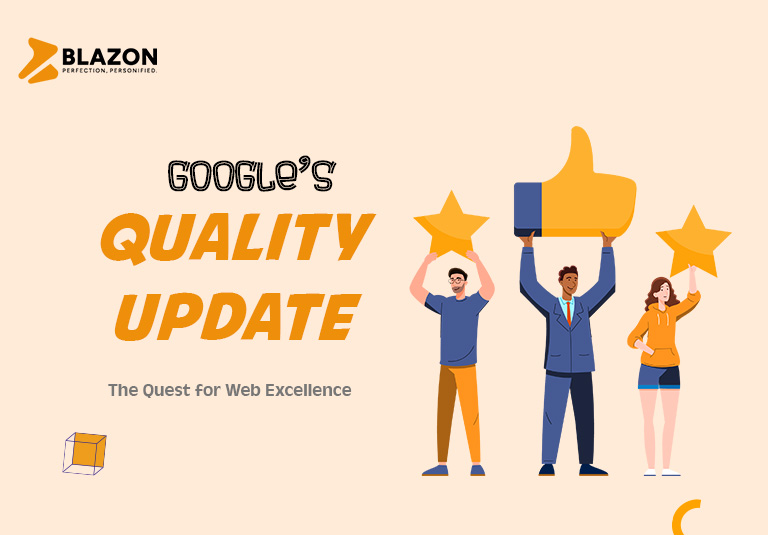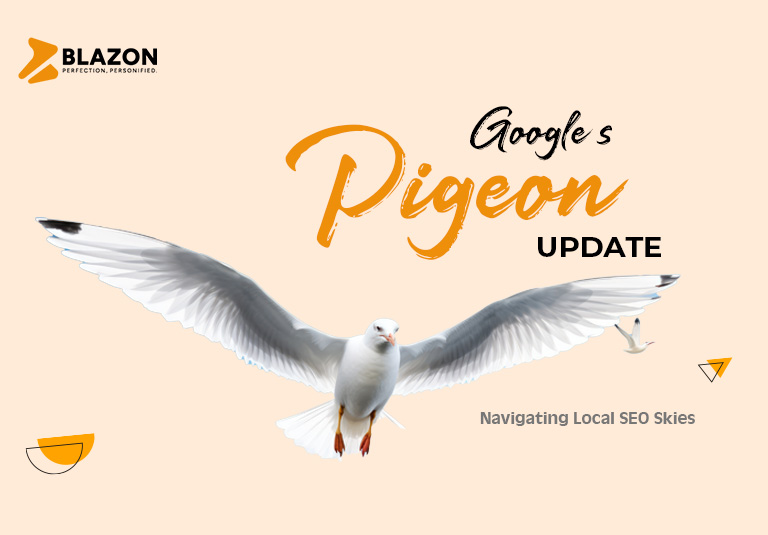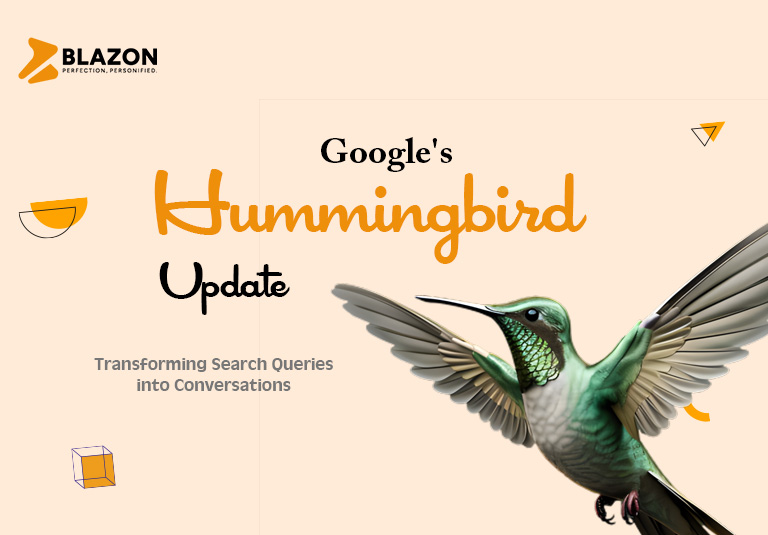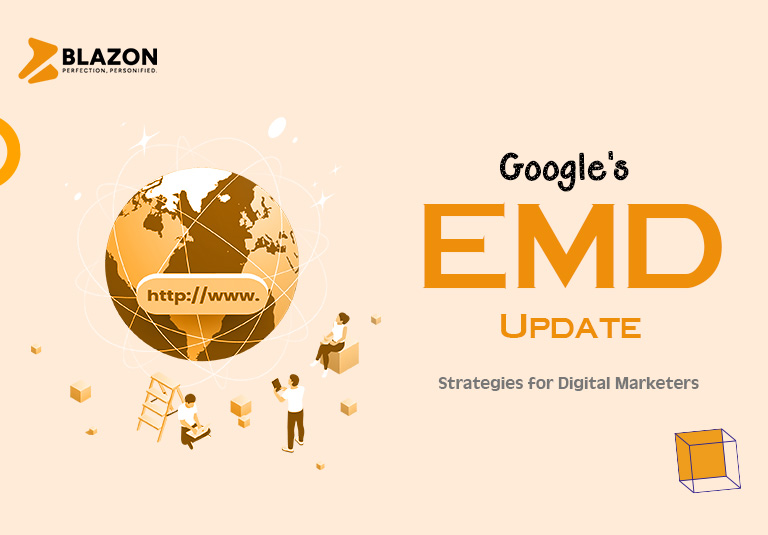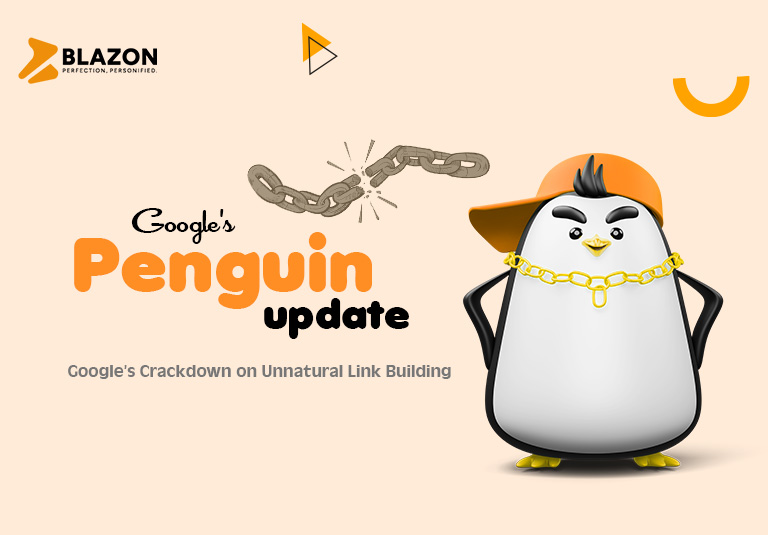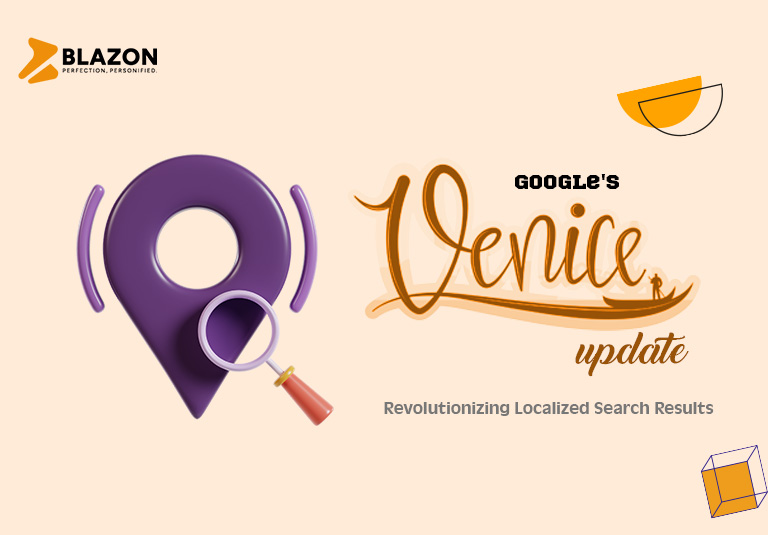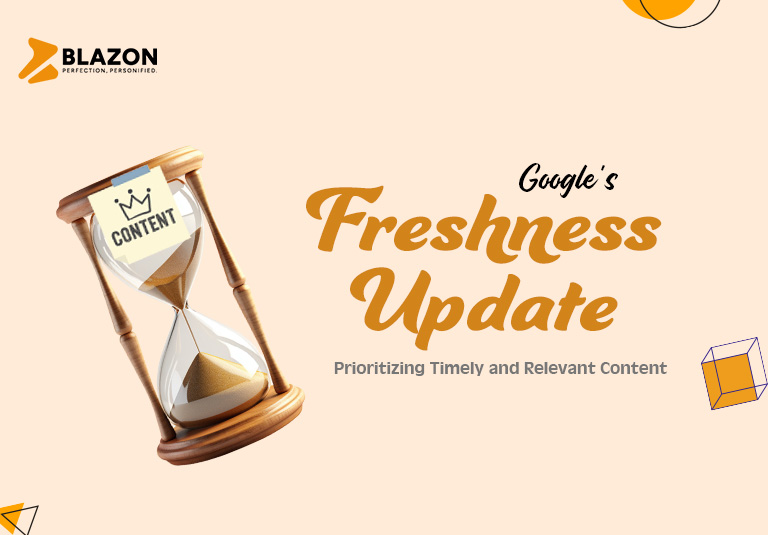In November 2003, Google unleashed a seismic shift in the world of search engine optimization (SEO) with the Florida update.
This update was like a wake-up call for the SEO community, signaling a new era where quality content and ethical practices took center stage.
What’s the Scoop on the Florida Update?
Picture this: the early 2000s, the internet was booming, and so were the opportunities for businesses to gain visibility online.
But with this growth came a darker side – a world of spammy tactics and black-hat SEO techniques aimed at gaming Google’s algorithm for higher rankings. Enter the Florida update.
The Florida update, named after the state but felt worldwide, was Google’s response to the rampant manipulation of search results.
Launched in November 2003, this algorithmic change targeted websites engaged in keyword stuffing, hidden text, and other shady practices aimed at artificially inflating their rankings.
Impact of Florida Update
The impact of the Florida update was swift and far-reaching. Websites that had been riding high on the wave of manipulative tactics suddenly found themselves tumbling down the search engine results pages (SERPs).
Google’s algorithm became smarter, more discerning, and more adept at sniffing out spam.
For webmasters and SEO professionals, it was a wake-up call. No longer could they rely on tricks and shortcuts to climb the rankings.
Instead, they had to focus on providing genuine value to users through quality content, natural link building, and a great user experience.
SEO Implications Post-Florida
Post-Florida, the SEO landscape underwent a profound transformation. It wasn’t just about keywords and backlinks anymore – it was about creating meaningful connections with your audience and establishing authority and trust in your niche.
At the heart of this shift was a renewed focus on content. No longer could webmasters get away with thin, keyword-stuffed pages.
Instead, they had to invest in creating high-quality, valuable content that addressed the needs and interests of their target audience.
But it wasn’t just about content – it was also about user experience.
Google started to prioritize websites that provided a seamless and intuitive browsing experience, rewarding those that loaded quickly, were mobile-friendly, and had clear navigation.
In the end
The Florida update was a game-changer for the SEO industry. It forced webmasters and SEO professionals to reevaluate their strategies and prioritize quality over quantity.
And while the landscape may have changed, one thing remained constant: the importance of providing value to users.
In the post-Florida world, success in SEO was no longer about gaming the system – it was about building trust, authority, and relevance in the eyes of both users and search engines alike.

